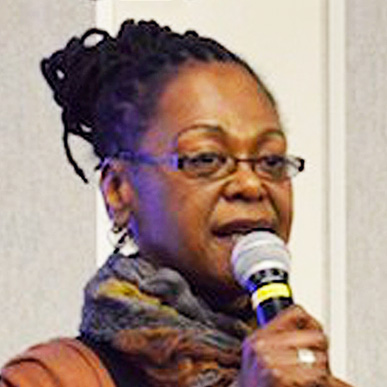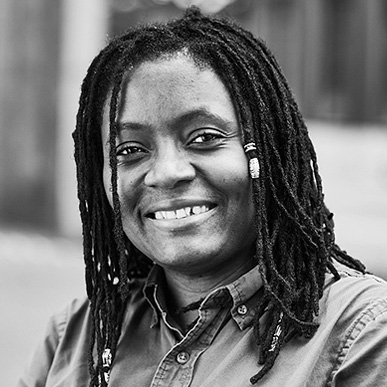Feminism, modernity and being human in contemporary Africa


HUMA-ASAA Thinking the human through Africa: Epistemological Debates

Desiree Lewis is a professor in the Women's and Gender Studies Department at the University of the Western Cape, South Africa. She has published numerous articles, essays and book chapters in the fields of African feminist politics and scholarship, South African cultural studies, black women's writing and, more recently, food as material culture. She has held fellowships and visiting professor positions in Germany, the US and Sweden. Currently the lead PI of an intra-institutional Mellon Programme titled "Critical Food Studies: Transdisciplinary Humanities Approaches to Food", she is the author of Living on a Horizon: Bessie Head and the Politics of Imagining (Africa World Press, 2007) and, more recently, Surfacing: On Being Black and Feminist in South Africa (Wits University Press, 2021), co-edited with Gabeba Baderoon.

S.N. Nyeck is visiting scholar at the Vulnerability and Human Condition Initiative at Emory University, United States and a Research Associate with the Chair for Critical Studies in Higher Education Transformation (CriSHET) at the Nelson Mandela University, South Africa. Her upcoming book, African(a) Queer Presence: Ethics and Politics of Negotiation (Palgrave, 2021), develops a grounded ethics for negotiating queerness in Africa and Diaspora. Her other books in this line of research are Routledge Handbook of Queer African Studies (Routledge, 2019) and, with Marc Epprecht, Sexual Diversity in Africa: Politics, Theory and Citizenship (McGill-Queen's University Press, 2013).